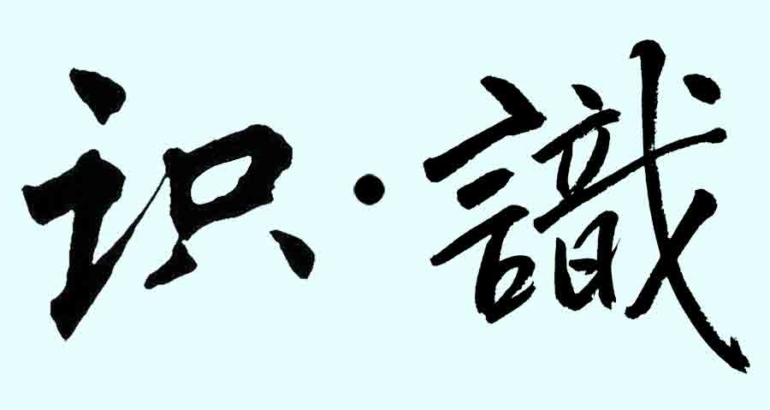
Artificial intelligence (AI) is happening. We are enjoying the conveniences it brings to our daily lives. Web surfing is becoming effortless – every word keyed in is being recorded by search engines and social media platforms, so that only preferred content is pushed to us. Language barriers are diminishing – we can travel overseas or even date someone from a different culture with the assistance of a translation app on the phone.
Every industry is being impacted by AI. The translation sector is no different. Machine translation tools have mushroomed in recent years. While still imperfect, such tools may drastically boost efficiency and reduce costs. On the other hand, AI tools have only gotten smarter by learning from humans. People have shared their human translations with the machines, and they will continue to do so.
While translators and clients embrace the benefits brought by AI, one thing is often overlooked or underestimated: confidentiality. Most AI tools work on remote servers. It is debatable whether the information transmitted to and from remote servers is secure or whether a copy of the information in the cloud violates the confidentiality term of an NDA. But one thing is certain: once a document is out of your hands, it is out of your control. Thus, concerns over confidentiality have arisen.
The awareness and stance on this issue seem to differ for different people. Some may be surprised to learn that a gigantic document taking months to write can be translated in days. Some may be wary of the use of machine translation in handling their documents, while others may be incredulous to hear that a translator does not use machine translation.
Of the clients that we interact with, law firms and pharmaceutical companies are among the most prudent. Certain law firms would go the extent of embedding in their NDAs language that prohibits the use of machine translation. Their rationale is simple: the leak of any confidential information could pose too great a risk. Such information – whether it be technical know-how, business operations, customer lists, or financial documents– can be their clients’ lifeblood.
Pharmaceutical firms, on the other hand, are often reluctant to share information with interpreters beforehand. This puts interpreters in a tough position: How can they do their job unprepared? (Read here for some tips for interpreters.) On the other hand, pharmaceutical firms have legitimate concerns: If trade secrets or proprietary information are made public, they could lose their market exclusivity or be blocked from pursuing patents for their own technology (the leaked information may be used as prior art against themselves). Such damage might be irreparable or too costly to rectify.
Knowing that AI can help get translation done more efficiently, we suggest that clients procuring translation services strike a balance between saving time and money and protecting confidentiality. Clients can assess their needs and gauge their solutions by answering the following questions:
- How strictly do I need to guard my documents?
- Is it acceptable if my documents are sent to and processed in the cloud?
- Do I have sufficient budget and time for human translation?
The bottom line: AI is a double-edged sword, and confidentiality should not be taken lightly in the age of AI. When new technologies are being adopted, both translators and clients should be aware of the potential impact on confidentiality.


